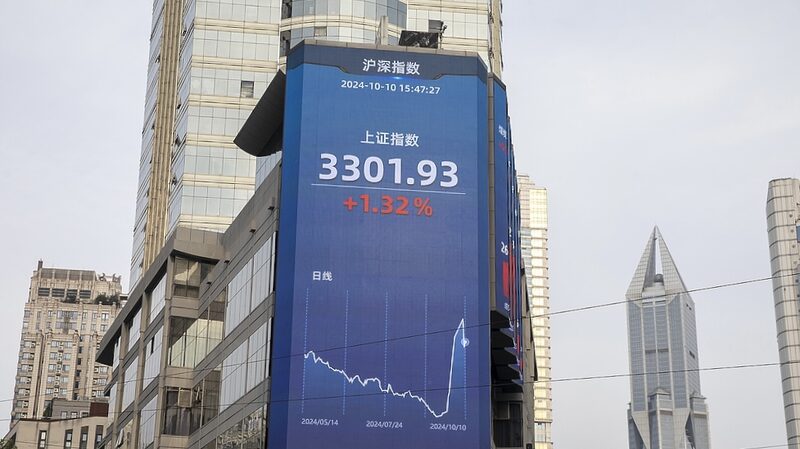Global investors are grappling with a paradox: long-term government bond yields in Europe are surging to multi-year highs despite expectations of central bank rate cuts. While seasonal factors like bond supply surges and pension fund reallocations play a role, analysts argue these forces merely amplify a deeper structural shift in how markets perceive sovereign debt.
The Erosion of Fiscal Credibility
For decades, bonds from advanced economies served as the bedrock of "risk-free" investing. Their appeal rested on an implicit trust that governments would maintain fiscal discipline over time. However, the compounding crises since 2008 — from financial bailouts to pandemic relief — have pushed debt-to-GDP ratios into uncharted territory. Markets now question whether leaders can reverse course, with structural deficits increasingly seen as permanent rather than temporary.
Political Realities vs. Fiscal Responsibility
The political landscape further complicates debt sustainability. Electoral cycles incentivize short-term spending or tax cuts, while long-term fiscal consolidation remains politically unpalatable. This "deferral dynamic" has led investors to demand higher compensation for holding long-dated bonds, reflected in rising term premiums. Real yields, adjusted for inflation, are climbing as markets price in prolonged fiscal strain.
Implications for Global Portfolios
The repricing carries ripple effects across Asia. Higher yields in developed markets could tighten global liquidity, impacting emerging market borrowing costs. For investors, it signals a need to reassess sovereign bonds as "safe" assets and diversify risk models. Academics warn this shift may redefine historical correlations between equities and bonds, challenging traditional portfolio strategies.
As one market strategist noted: "We're witnessing the end of an era where advanced-economy debt was treated as a passive holding. Every bond now requires active risk assessment." This paradigm shift underscores the interconnected nature of global fiscal policies and their far-reaching market consequences.
Reference(s):
Why advanced-economy long-term sovereign bonds are repricing risk
cgtn.com








